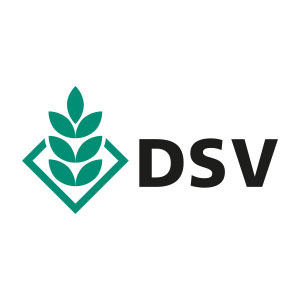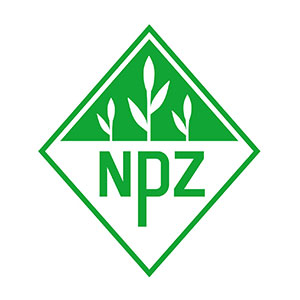
A distinction must be made between winter and spring varieties. While in Central Europe, winter oilseed rape is predominant, in Canada, the worldwide leader in oilseed rape production, the annual production of 15 million tons comes mostly from spring oil seed rape. After the harvest, the black-brown seeds will be pressed to extract the valuable oil, and the leftover rapeseed press cake will be used as protein-rich animal feed.
The globally important role of oilseed rape is a recent phenomenon. Up until the 1970ies, oil from oilseed rape has mostly been used for technical purposes. Its originally high content of monounsaturated erucic acid made it indigestible for humans, while glucosinolates in the press cakes were highly problematic for uses as animal feed.
[BX]Decisive steps in this development can be laid down to two of the GSA shareholders: The innovative breeding programmes of these two companies made them the worldwide pioneers in oilseed rape enhancement, and without their contributions, oilseed rape would still play a marginal role. Both companies are also world leaders in the breeding of yield-stable hybrid plant varieties.[/BX]It was only after breeding efforts successfully created the so-called “double-low” (or “double-zero”) oilseed rape, i.e. varieties that contained practically no erucic acid and a very low content in glucosinolates, that this crop really took off and triumphed as food and feed. Its value also resides in the fact that it has markedly more essential oleic acids than e.g. olive oil.
Since the turn of the millennium, oilseed rape has also been increasingly cultivated as a renewable resource for the production of bio-fuels. In Germany, oilseed rape is currently the only native oil plant that can be used for bio-energy production.
The GSA sales partner RAPOOL holds an outstanding market position, especially in Europe and Eastern Europe.
If you have any questions concerning plant varieties or seeds or if you need an in-depth agronomic counselling, please contact the respective counsellors under: www.rapool.com

